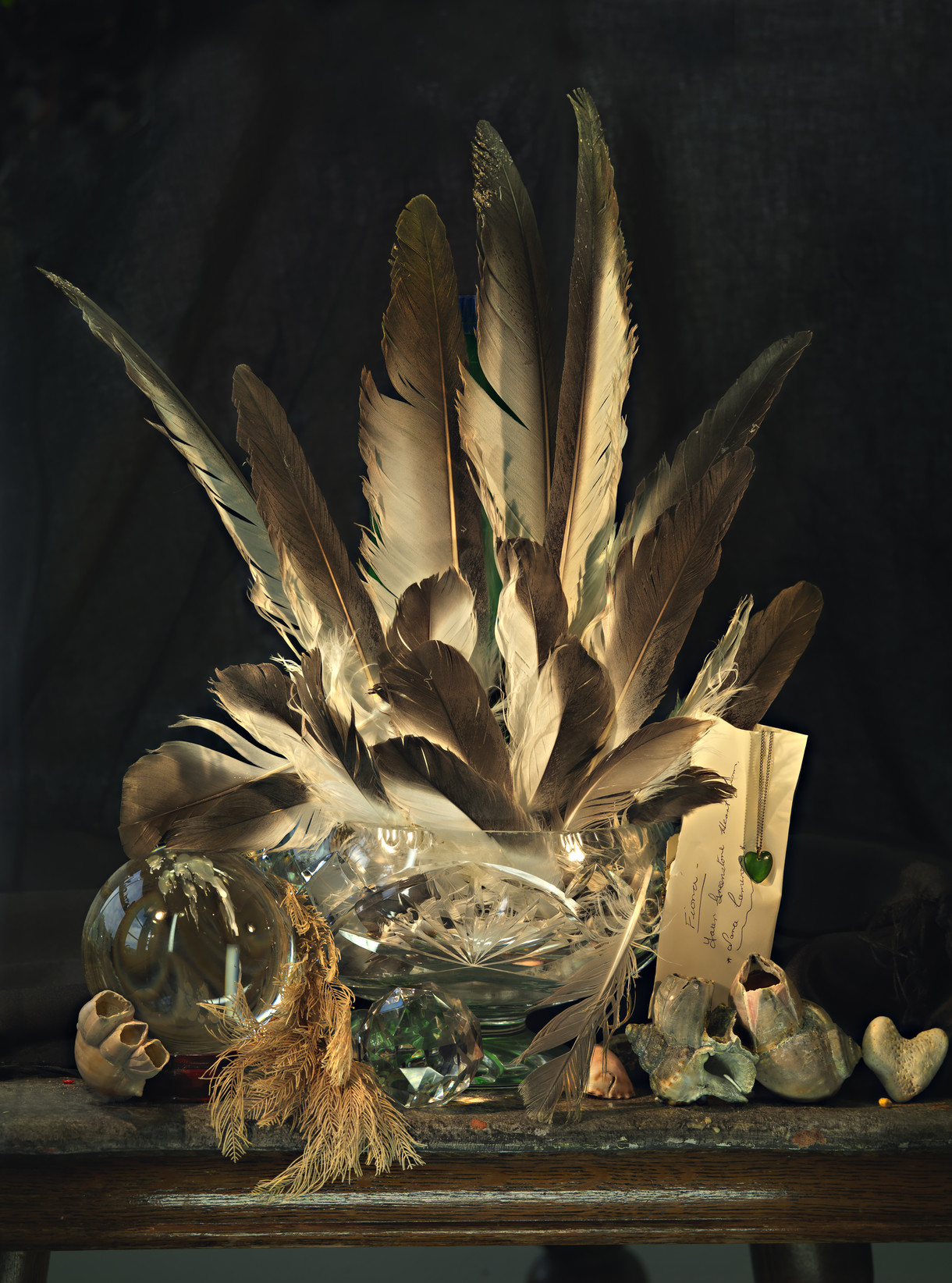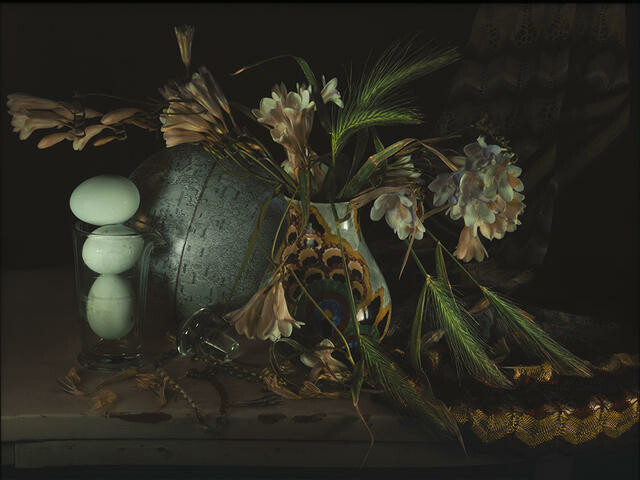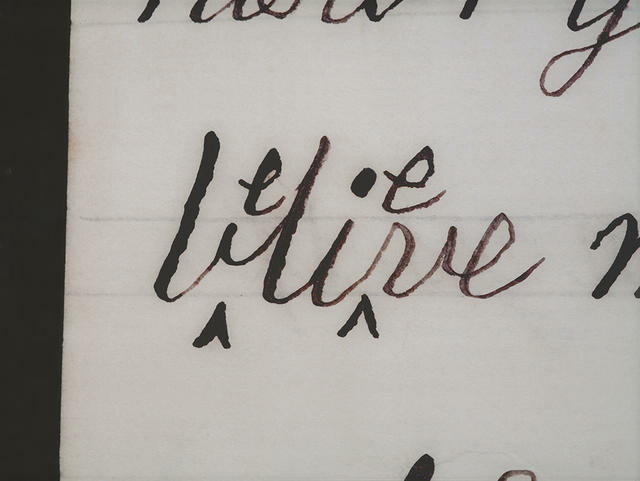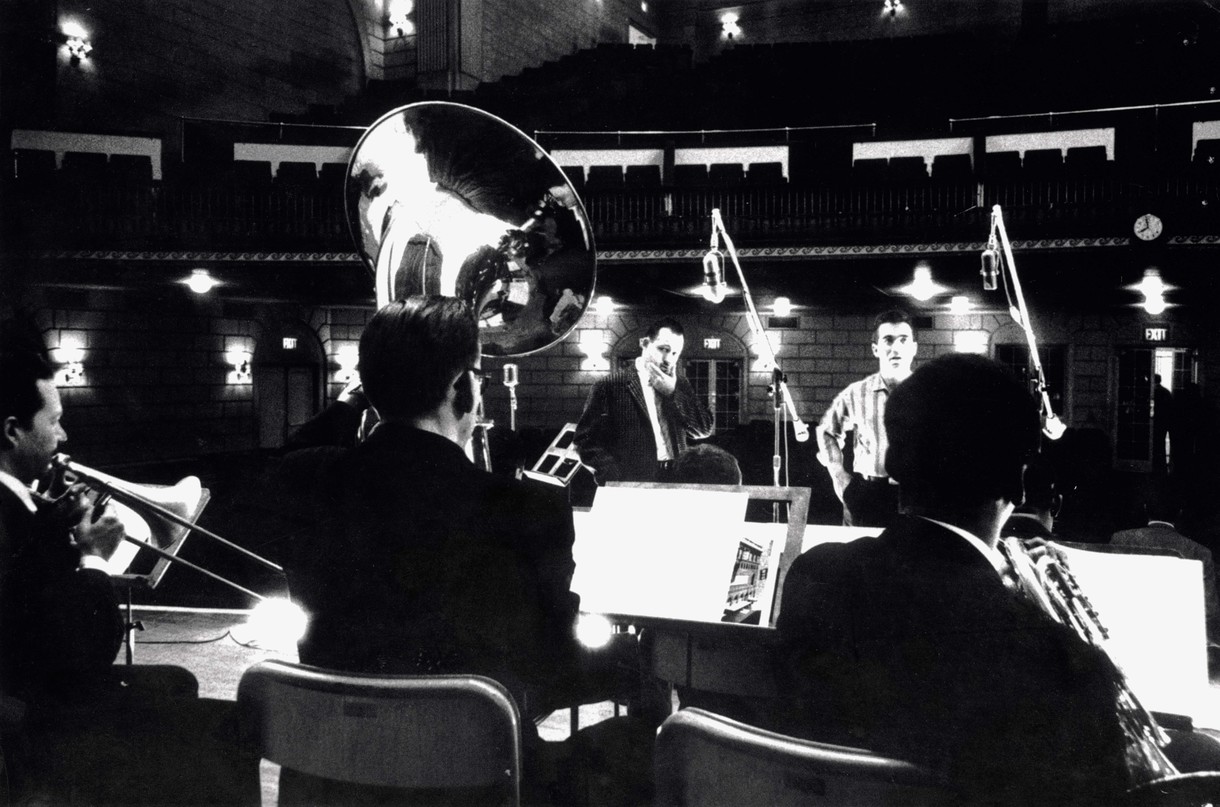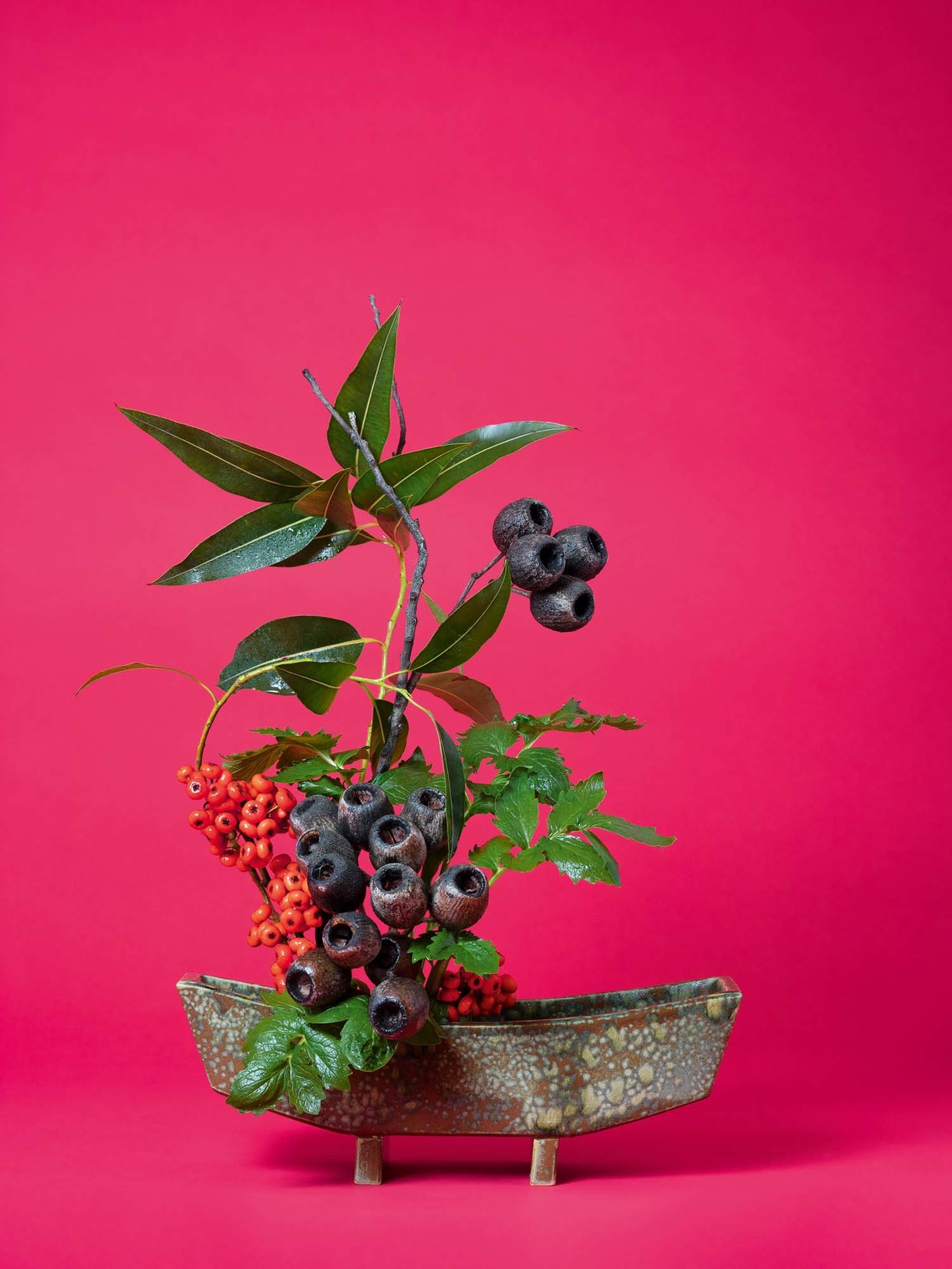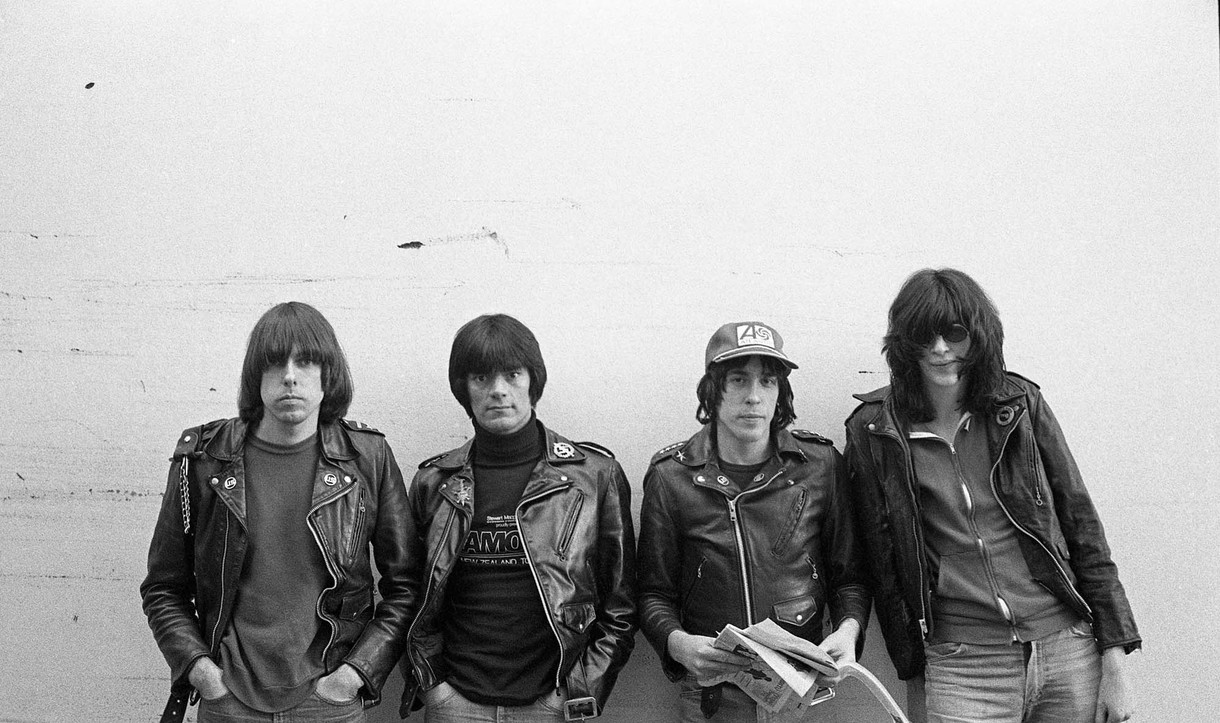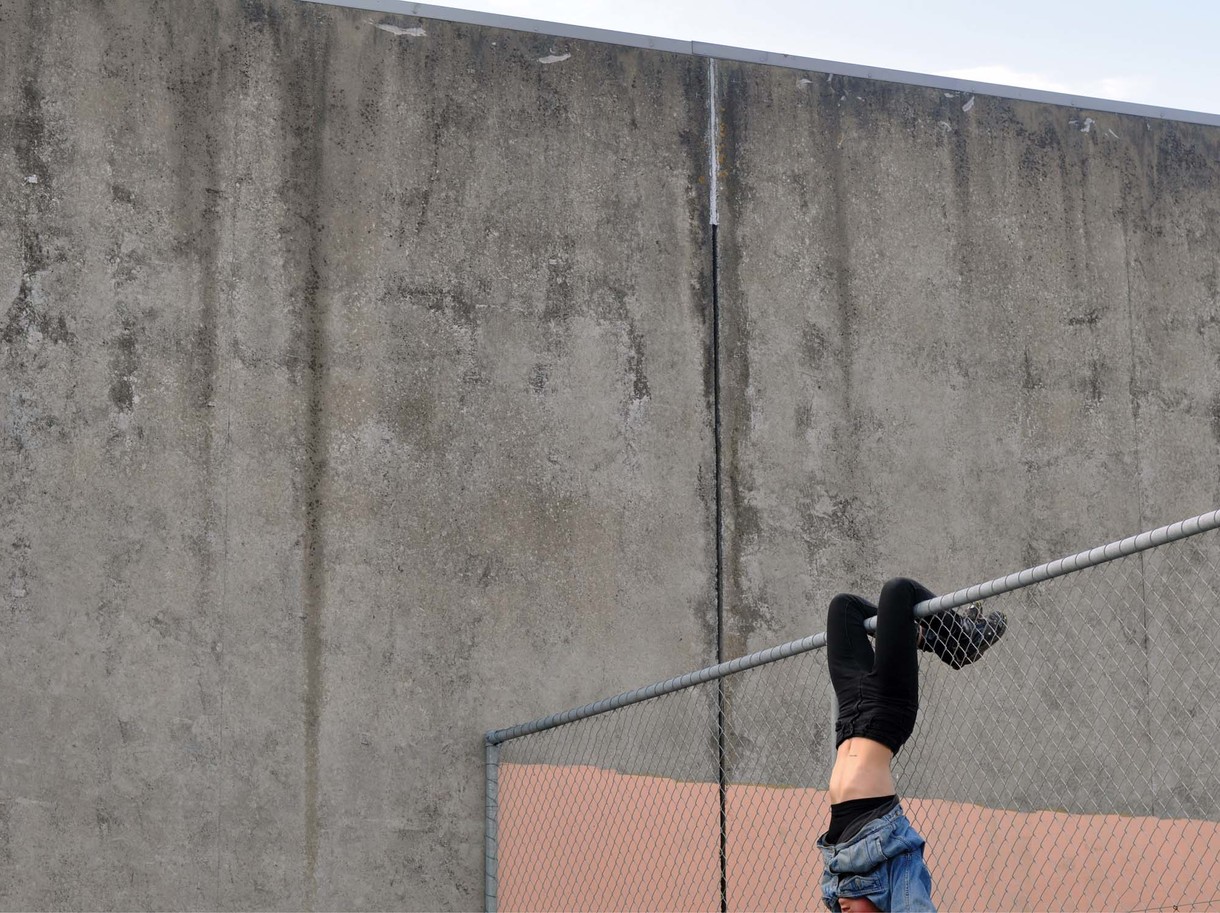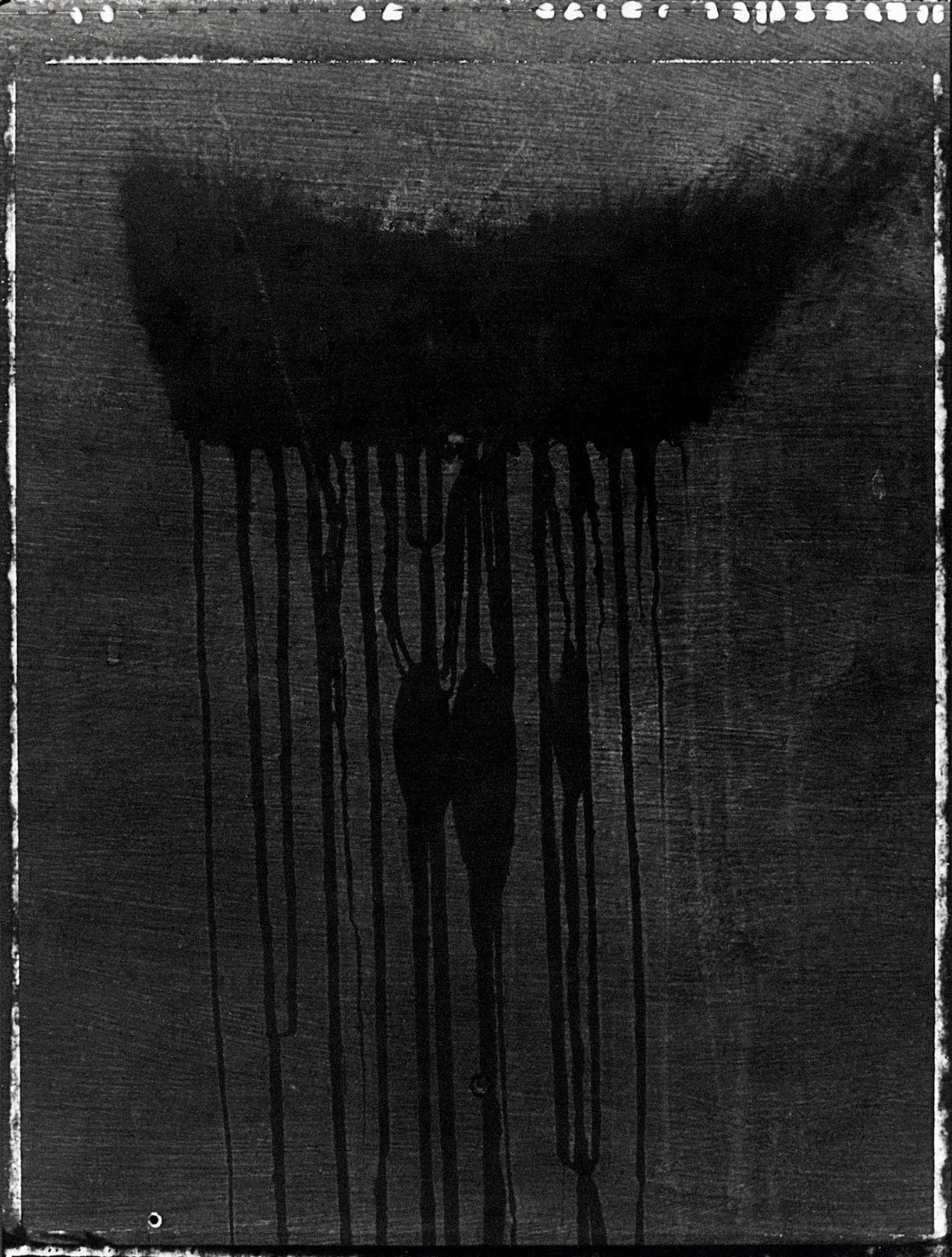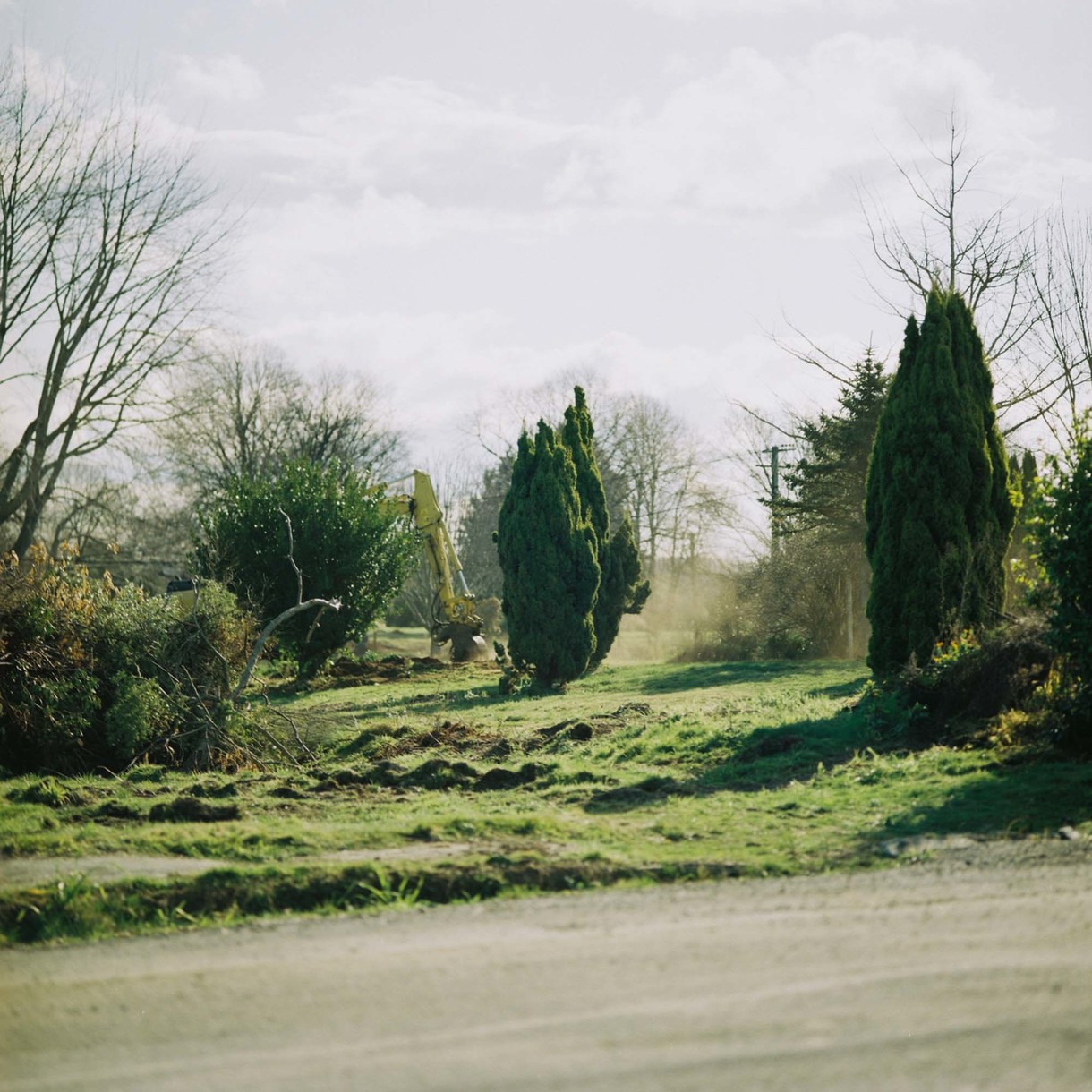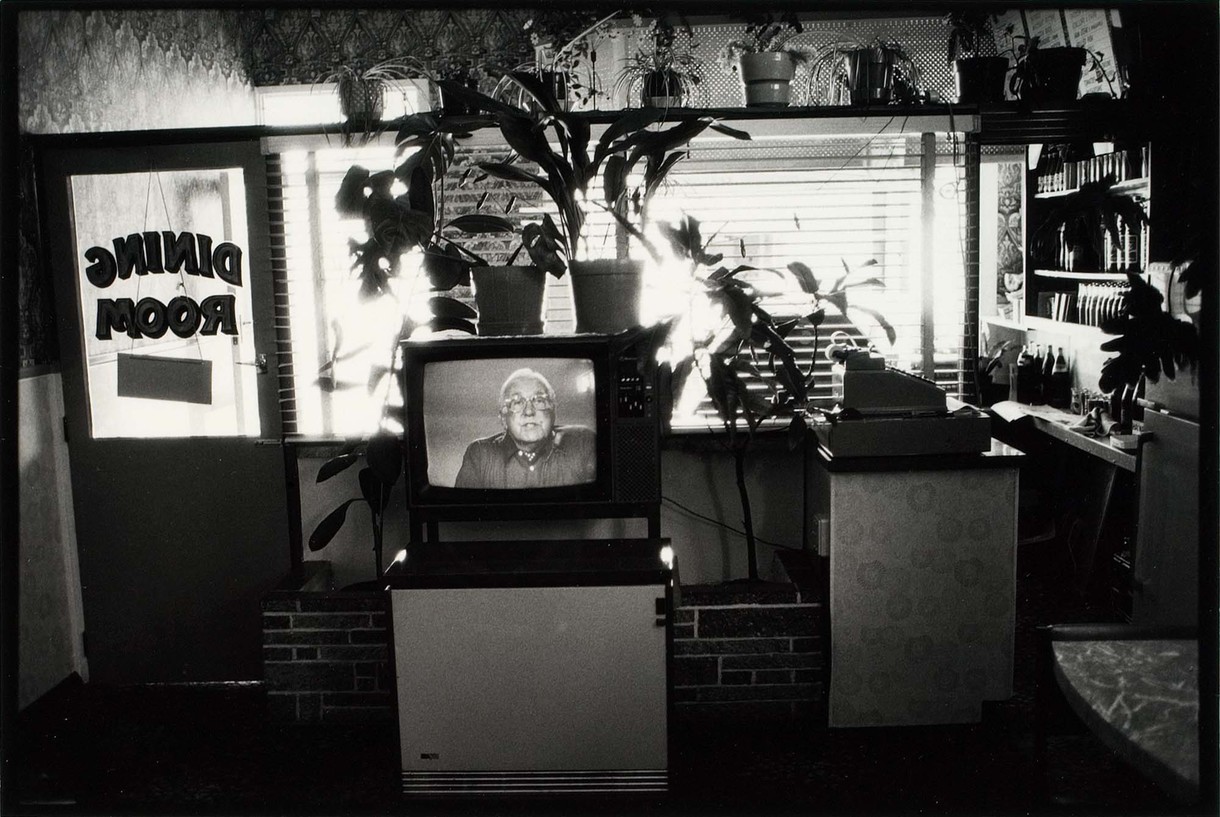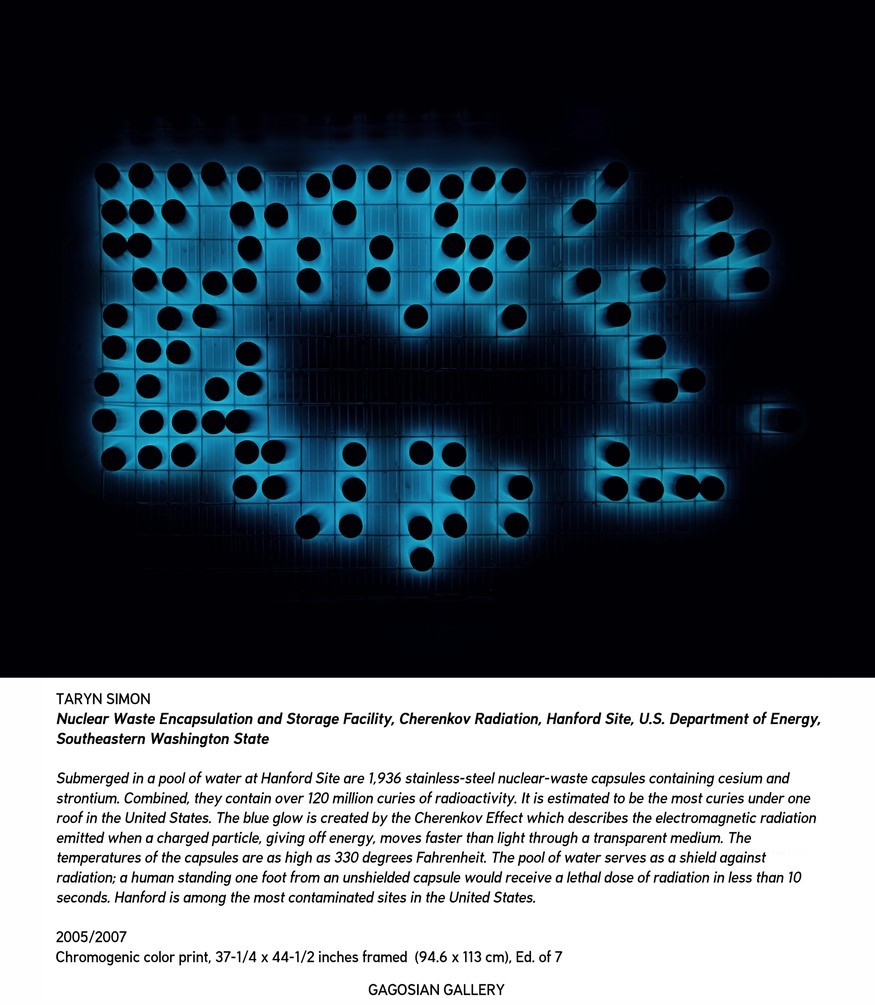B.
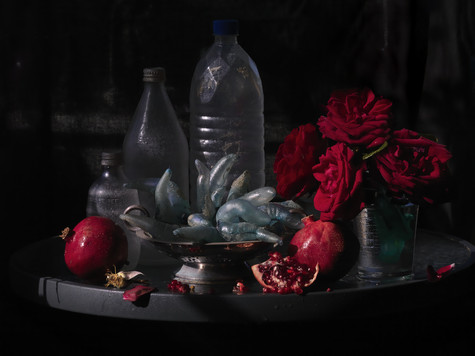
Fiona Pardington My Mother's Roses, Pomegranates and Plastic Bottles,
Ripiro Beach 2013. Pigment inks on Hahnemühle paper. Image courtesy of the artist and Starkwhite, Auckland
Largest ever Fiona Pardington exhibition opens in Christchurch
Exhibition
Death, sex, flesh and the female gaze are among the many themes explored in the Gallery’s newest exhibition, Fiona Pardington: A Beautiful Hesitation.
The exhibition brings together more than 100 photographs as a comprehensive survey of Pardington’s work spanning 30 years.
'It reveals the key concerns that have shaped the creativity of one of New Zealand’s most important photographers,' says Deputy Director Blair Jackson.
The exhibition ranges from intimate family portraits to expansive projects involving objects and taonga from museum collections in New Zealand and France. It also tracks Pardington’s use of different photographic processes, from expertly produced analogue hand-printings through to large-scale digital works.
'A Beautiful Hesitation will broaden viewers’ understanding and appreciation for Pardington’s significant and highly celebrated work,' adds Jackson.
Working with the seasons, Pardington’s recent still-lifes incorporate materials salvaged from beaches, riverbeds, second-hand stores and the side of the road — all with deep personal and cultural meanings.
The salvaging of found objects and images runs throughout her art practice. The One Night of Love series re-presents photographs of female nudes taken from a found cache of magazine proof-sheets. The medical suite series, from Tainted Love, re-photographs images of disease from medical textbooks.
Specific bodies of work hold particular relevance to Pardington’s Māori descent and to Christchurch history, including photographed shell specimens originally collected in the 1920s as part of a study into traditional Ngāi Tahu food sources. Childish Things, photographed at Canterbury Museum, represents fragments of letters written by an immigrant child, Arthur Barker, who arrived in Canterbury aboard the Charlotte Jane in 1850.
A new acquisition, Still Life with Wild Wheat and Freesias, Waiheke, will be exhibited at the Gallery for the first time, along with Pardington’s very recent Flora_Unicorn, from a series of photographs which she describes as 'impossible objects'.
A Beautiful Hesitation has been developed in association with Auckland Art Gallery Toi o Tāmaki and City Gallery Wellington by curator Aaron Lister. It has been presented in both Auckland and Wellington, and is accompanied by a book bringing together new and classic writings on the artist’s work, published by Victoria University Press.
